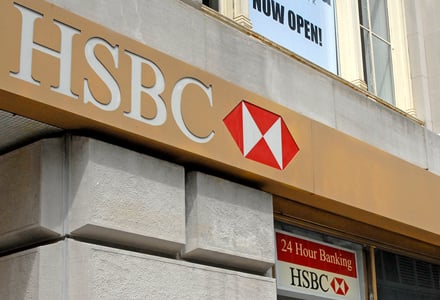Since Belgium reviewed foreign investment in strategic sectors and critical infrastructure, none of it can be stopped. This can be seen from the numbers Dexterity requested.
Since July 2023, the federal and regional governments have been monitoring investment from outside the European Union in Belgium. A specially designed screening mechanism should determine whether the investment poses a risk to national security and the country’s strategic interests. Special attention is paid to critical infrastructure or strategic sectors such as defense, energy or cyber security.
China
A total of 68 investments were registered in its first year of operation Dexterity from the competent Interfederal Screening Committee, which examines such foreign investment. In five cases, a so-called screening procedure was initiated, namely the second stage of the investigation in which a transaction is examined in more detail. None of these investments was ultimately approved.
The investments studied were in sectors such as data, health, digital infrastructure, transportation and electronic communications. Most of the investments under scrutiny come not from countries like China or Russia, but from the United States, Britain and Switzerland. Most investments are made from these countries, both in our country and throughout the European Union.
Non-European entities that obtain more than 10 percent of voting rights in companies from strategic sectors in Belgium with a turnover of more than 100 million euros must report this. When it comes to critical infrastructure – such as health, energy or transport – the threshold is 25 percent. Those who do not register risk a fine of up to thirty percent of the transaction.
Most of the investments under scrutiny come not from countries like China or Russia, but from the United States, Britain and Switzerland.
Whether everyone is complying with these obligations or some are trying to stay under the radar remains unclear. “The Secretariat and members of the Interfederal Screening Committee check in every possible way whether foreign investments falling within the scope of cooperation agreements comply with mandatory notifications,” explains Etienne Mignolet of FPS Economy.
500,000 jobs
The Belgian screening mechanism is a European initiative. In light of rising geopolitical tensions, member states agreed in spring 2019 to better control foreign investment. As many companies face difficulties during the coronavirus pandemic, this mechanism becomes increasingly important. In November 2022, after lengthy negotiations, the federal and regional governments reached an agreement on this.
The number of foreign takeovers in the European Union and Belgium has decreased significantly in recent years. In 2015, foreign investment in the European Union still amounted to 518 billion euros, in 2022 it reached a negative balance of 140 billion euros – meaning more investments were made from the European Union than came in. Belgium is the ninth most popular EU member state in terms of non-European takeovers, according to a report from the European Commission.
The European Union is increasingly taking steps to protect the economy. From the report published by the Commission on Wednesdayshows that trade defense measures saved a total of 493,000 jobs in 2023, compared with 365,000 jobs in 2018. By the end of 2023, according to the report, there were more than 180 trade defense measures in place in the European Union – an increase of almost 40 percent compared to in 2018.
This spring, the Federal Investment Corporation (SFPIM) identified 237 companies it wanted to keep in Belgium. These are companies active in strategic sectors such as infrastructure, finance, pharmaceuticals and chemicals, which have a turnover of at least 250 million euros and have more than 1,000 employees. About a third of the companies, a little over eighty, on the list are Belgian companies.

“Incurable alcohol fan. Proud web practitioner. Wannabe gamer. Music buff. Explorer.”







